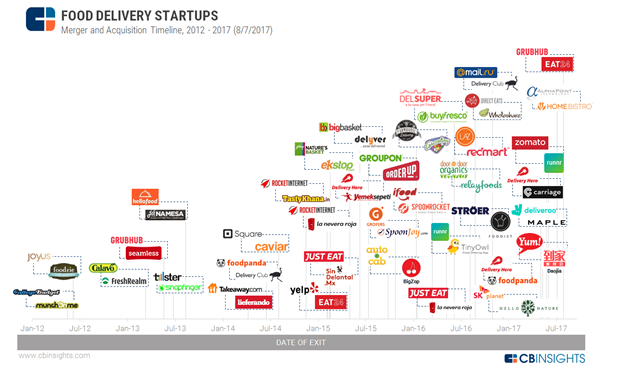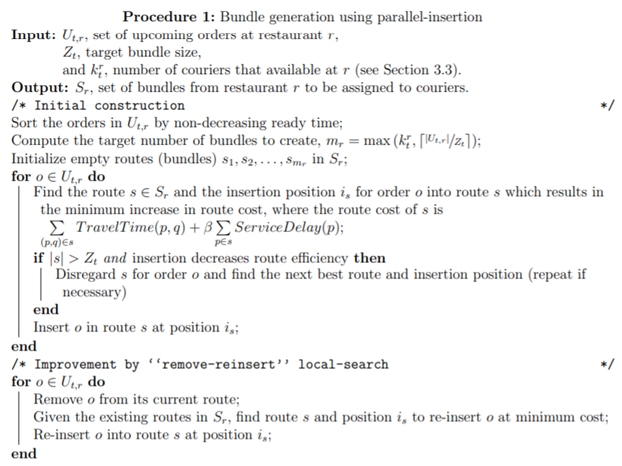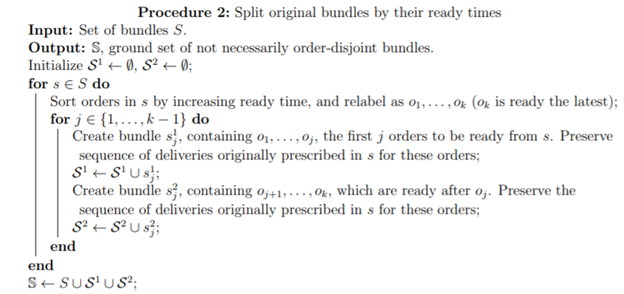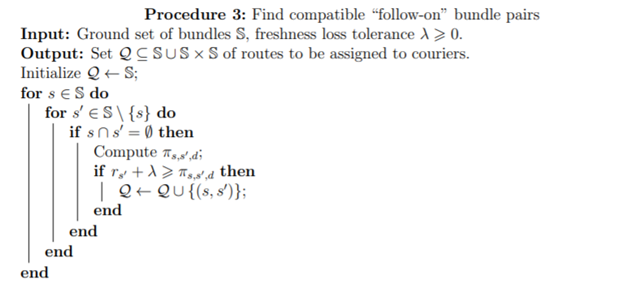
Online restaurant aggregators – on-demand meal-ordering platforms where diners order from an array of restaurants – are growing and accelerating because of COVID. Aiming to capitalize on the market opportunity, startups are investing heavily in the deployment of meal delivery networks that promise restaurants and diners a reliable, fast and cost-effective delivery process.
While in the short-term the transition from restaurant-owned delivery services (which for many restaurants means no deliveries at all) to integrated meal delivery networks can focus on reliability and speed, the long-term sustainability of these networks is contingent on turning the efficiency potential into actual profits. For this purpose, appropriate optimization technologies must be developed to solve increasingly large dynamic pickup and delivery problems in near-real time, and prescribe high-quality decisions able to control costs while satisfying very high service standards.
In an attempt to achieve the desired responsiveness without the costs linked to employing a sufficiently large permanent fleet of vehicles (and full-time drivers), meal delivery providers have adopted “digital marketplace” business models – where the supply of couriers, i.e., independent contractors making deliveries, is managed indirectly through economic incentives.
However, it is worth emphasizing how full reliance on independent-contractors establishes a fundamentally different operating environment than that of traditional vehicle routing applications.
The main contributions of this paper are:
- a definition of the Meal Delivery Routing Problem (MDRP) to model the essential structure of this emerging class of dynamic delivery systems
- a solution algorithm based on a rolling-horizon repeated matching approach, designed to solve large-scale instances of the MDRP
- an off-line decision support tool to determine a high-quality schedule of courier shifts (which has been used in the instance generation process)
- the release to the public domain of a set of instances built from real-life historic data to facilitate benchmarking of alternative solution methodologies



https://github.com/grubhub/mdrplib
http://www.optimization-online.org/DB_FILE/2018/04/6571.pdf (70 pages)